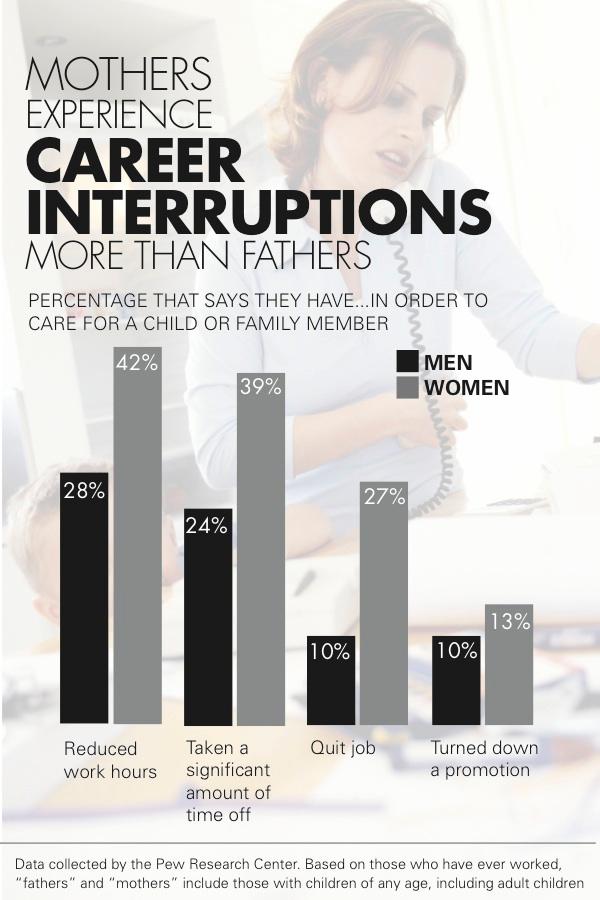On Dec. 11, a Pew Research Center survey revealed that for the first time in modern history, millennial women are earning roughly equal pay as their male counterparts.
Despite their advancement in pursuits of higher education and career development, the survey found that millennial women still believe that they live in a male-dominated society.
According to Pew, a millennial is an individual born between 1981 and 2000. The name comes from the fact that they are the first generation to grow up in the new millennium.
The Pew Research Center’s survey reported that in 2012, women ages 25 to 34 made 93 cents to every dollar their male counterparts made, while the average for women across all age groups was 84 cents to every dollar.
David Zemmels, an assistant professor in the school of Mass Communication, regularly deals with this generation within his social media research. He said he recognizes the advances millennial women have made compared to prior generations.
“Millennial women are doing better than their mothers. For example they tend to dominate some professions previously dominated by men, like the medical profession,” Zemmels said. “They are better educated than previous generations and their pay ‘gap’ is smaller. Despite this, most believe we have not achieved gender equality.”
The Pew Research survey’s participants’ concerns regarding parity were primarily attributable to the lack of a guarantee that their equal status with male coworkers will be sustained in the years to come.
Through Pew’s research, it was acknowledged that while marriage and motherhood generally signify disruptions in the amount of time spent on work-related activities and difficulties within career advancement for women, the reverse is generally said for men.
“For their part, young women today who have not yet had children expect that when they do, the impact on their careers will be negative. Among those ages 18 to 32, 63% think that having children will make it harder for them to advance in their job or career,” the survey reports.
Caroline Stallard, a history and pre-med junior at Loyola, said she has noticed that society tends to pressure women into fulfilling the roles of both mother and wife, regardless of their willingness to satisfy these expectations.
She took these concerns into consideration when deciding to pursue a career as a pediatrician.
“I can tell that sometimes people think, ‘Of course she wants to take care of kids, because she’s a woman.’ In reality, I’ve thought long and hard about my professional path, and I want to work with children in part because I’m not sure I want to, or will have time to have any of my own,” Stallard said.
Stallard said she believes these concerns are prevalent within the majority of her peers.
“I definitely understand why women my age are afraid of entering a male-dominated, misogynistic workplace,” Stallard said. “We are asked at every juncture of our education by family members, professors, and advisers when – not if – we are going to make time in our future career plans to have children. So why should we assume that any work environment we enter is going to consist solely of people who will respect us and take us seriously as professionals?”
Lauren Stroh can be reached at lestroh@loyno.edu









